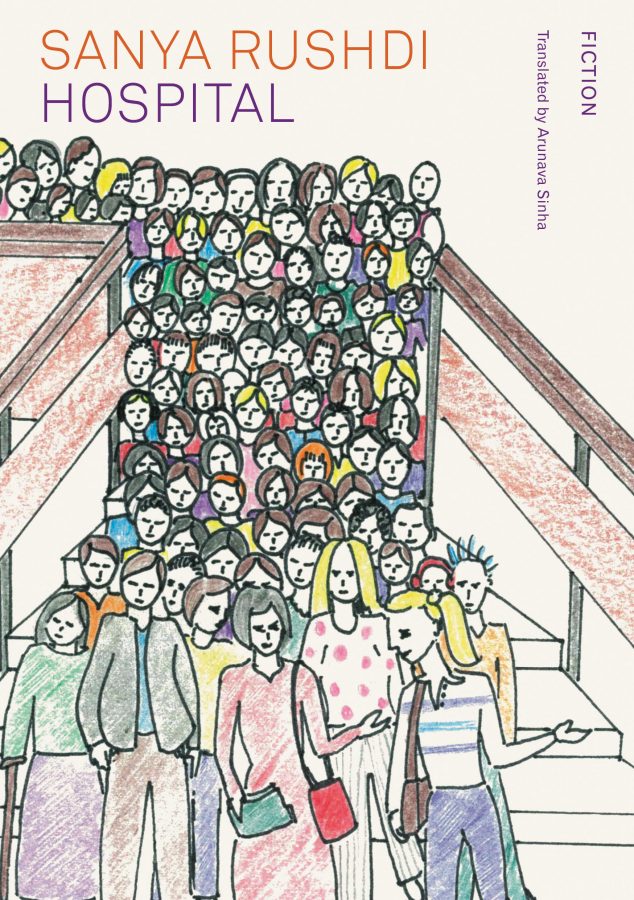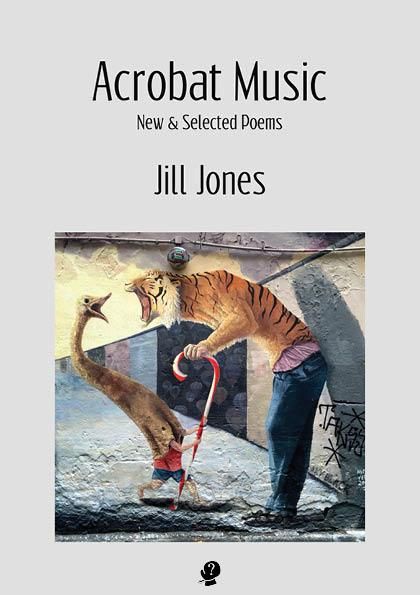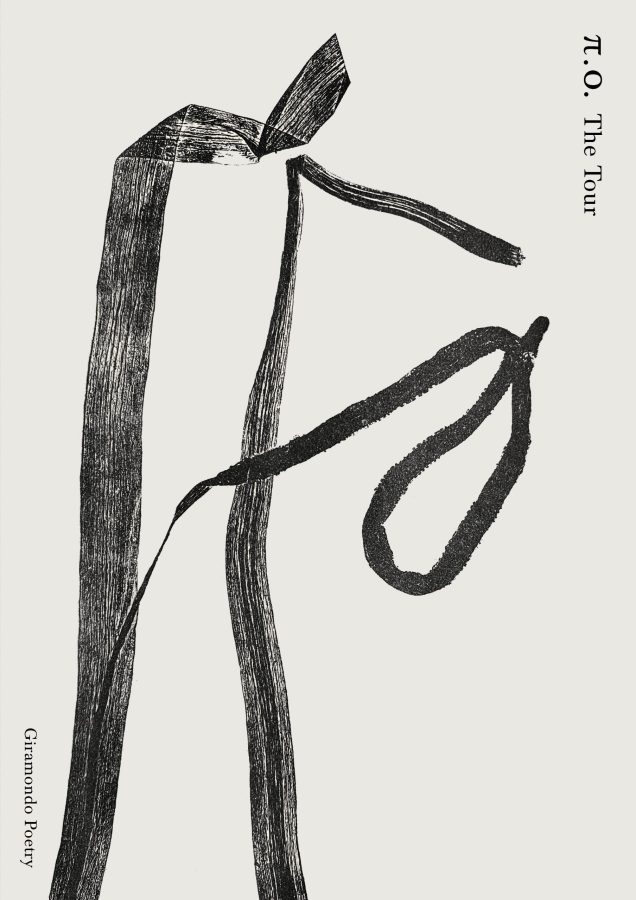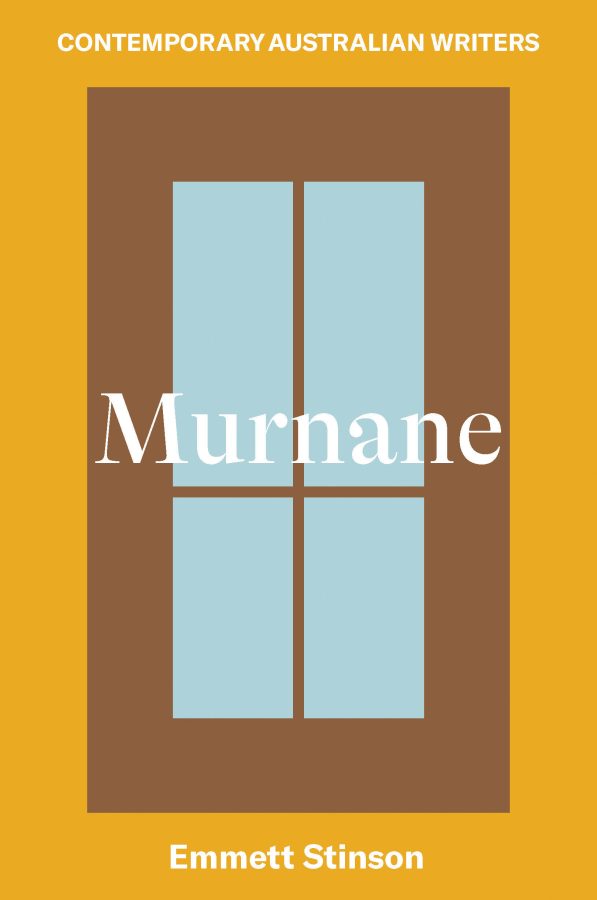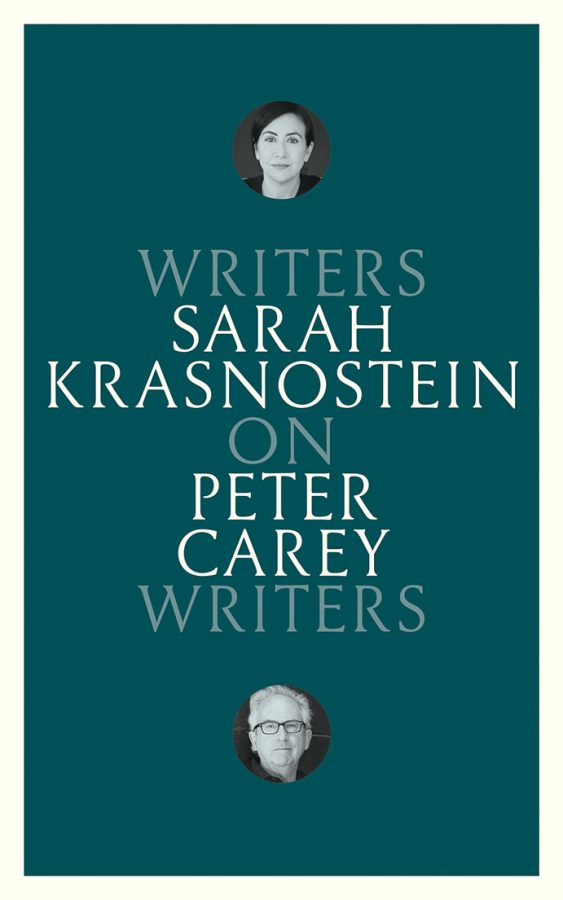Philip Hodgins’ poetry is alive with strange images, jolts of perception, sudden beautiful cadences. And his poetry is frightening. I mean not supernatural fear but the intimate animal fear we have for our own bodies, the fear of pain and the fear of death. Born in 1959 at Katandra West, Hodgins grew up on a dairy farm. At the age of 24, he was diagnosed with leukaemia and given just three years to live. He died in 1995, the author of five poetry collections and a verse novel. This year, a new edition of his poetry, First Light, appeared in the Braziller Series of Australian Poets, edited by Paul Kane. Hodgins wrote in his poem ‘Hotel Minerva’:
I don’t care about early Christian art
or bits of poets’ bones in marble huts
because contracting this serious disease
gave me a subject on a mirrored plate.
That subject is part of what makes his poetry so frightening, but only part. More, I think, it is his exact and hallucinatory feeling for machines and metal contraptions; and, something akin, his way of using form. Take his poem ‘The Scarifier’:
There’s no one way that best describes
the scarifier after it
rolls back from tearing up the grass.
A rigid grid of broken ribs,
two wings designed to fly through dirt,
and rows of nipples fouled with grease,it’s a dangerous moving stage
where anyone who slipped would find
themselves impaled on crescent steel
that narrows to the sharpened edge
of half a clay-encrusted tine …
‘There’s no one way that best describes’: Hodgins’ poems almost always have these uninsistent openings: ‘Some people say’, ‘They call this country’, ‘There was one’, ‘What is it about’. The openings of his poems really are openings, wide with possibility. Abruptly, the poem ‘narrows to the sharpened edge’. What is it that gives his descriptions of machinery such power and intimate menace? Detail by detail, his descriptions keep the same distance, the same tone: perhaps that is what makes his machines seem dreamlike, even as the mind puts them piece by piece together. There is that metaphor of a metal body built into the poem: its broken ribs, wings, nipples. Immediately, against that metal contraption he imagines human flesh ‘impaled on crescent steel’. For all his unexaggerated tone of voice, there is this extremity in his vision: it is characteristic of him to define things by their limit: the boundary, their ending, ‘the sharpened edge’.
A poem of farming life: yes. A poem of exact description: yes. But as that sudden word ‘impaled’ might suggest – strange, with its sudden clear ‘a’, its anachronism – there is in Hodgins’ feeling for metal and machinery something that goes back to The Iliad: a terrified precise feeling for how metal and flesh meet. ‘And the bronze lancehead hammered through his flesh,’ goes The Iliad in Robert Fagles’ translation: ‘the shaft splintering bone as he pitched face-first, pounding the ground …’ Homer’s description is frightening for its plainness. It says: whatever feeling might like to say about all this, this is what happened. That is also the sense of reality in Hodgins’ poetry. Metal brings to it that sense of finality: plain fact.
What is so intimately frightening in Philip Hodgins’ poetry, though, is the way in which he shows bare flesh pressed against metal, nowhere more fearfully than in his descriptions of needles.
I watch the needle hovering over me.
It’s big. It goes in slowly and it hurts.
I watch the blood run through the line. It’s fast.
The machine begins to pump. The pain gets worse …(‘Blood Connexions’)
Here the description is as plainly factual as Homer’s, but now a first person lives inside that plainly factual account of events, which is perhaps, in the starkest terms, how it felt to have sickness take over the story.
Another poem:
‘The Drum Net’
I made the drum net out of chicken wire
and baited it with a bright red bottle top
(that’s the colour they really go for)
and chucked it in down near the swamp.I knew it wasn’t legal to use a drum net
but that didn’t matter much round here.
The bailiffs had better things to think about
than this sort of stuff. They didn’t care.I reefed it out a while later and found
some sad wreckage. One of the shags
had dived in there, got stuck and drowned.
Its wings were all twisted out of shape.I walked slowly back across the paddock
where my father had spread hay for the cows.
It was sundown, and in the spreading shadows
the hay reminded me of drifts of snow.
Four block stanzas, and then the last line opens the whole thing out. Why drifts of snow? What is caught here is suddenly stranger than you expected. The poem itself is like that drum net, a contraption with a bird trapped in it, ‘wings … all twisted out of shape’. At the last moment, the poem transforms itself with this image – a memory, an anomaly. It is not a consolation, but it arrives from outside the bounds that the poem has set up: paleness in the dark.
Scarifiers, needles, surgical knives and traps: in a way this becomes like one of Wittgenstein’s language-games of family resemblance. Wittgenstein asked: if scrabble and monopoly and tennis are all called games, what do games have in common? In the world of Philip Hodgins’ poetry, what do scarifiers, needles, surgical knives and traps have in common? They are made of metal, which cuts through flesh. Probably each poet has such governing images, certain facts of experience that open out into that poet’s dream realities. It is usual to think of the poetic tradition as a history of forms, but it has its history of images, too, by which the simplest facts in our lives may concentrate the history of our reading. Hodgins’ feeling for metal is precise, but it is also large – as though, touching the sharp edge of metal in his poetry, we touch what is brutal and ineluctable in human history. His images of metal bring that history close.
Hodgins’ descriptions are often marked by small surprising details, such as that red bottle top in ‘The Drum Net’. These details say, ‘I saw this, I know this, I was there’. He does this so well you can miss the way in which he also places his poems in history, in a long tradition, sometimes with a single word. Take his late poem, ‘The Precise Moment’, which starts: ‘The surgeon cuts a green apple in half’. Cutting the apple, the surgeon
remembers this morning, cutting that flesh,
the first incision a line drawn through softness,
it widened and filled with wine-dark blood.
With this phrase, wine-dark blood, Hodgins remembers an ancient ritual language: Homer’s epithet for the sea is ‘wine-dark’. Suddenly, Hodgins’ image of blood widens out into a history, a sea of blood. No coincidence that the surgeon is eating an apple.
Hodgins’ brilliant long poem ‘Second Thoughts on The Georgics’ is partly a translation of Virgil’s poem, and partly a response to it: a testing out of its truth on his home ground. In that instance, Hodgins takes on a whole poem. More often, his poems open out into the history of poetry with brief allusions that are subtle but telling. His description of a bulldozer building a dam, for instance:
‘Those Yabbies’
All that day the bulldozer ground back and forth
with a pendulum’s arc in the widening hole.
Fixed as a boxer with one straight punch
it produced surfaces and low battlements
soon to be replaced by more copies of copies.
Its rhythm built hillocks at each end,
new highs and lows for fifty bucks an hour.
I loved the clean dirt, those gravels and clays.
At dusk the driver dropped to his feet
and became quaint down there in the vast middle,
having a piss. ‘Well it’s a start!’ he yelled.
The dam lay before us, slung into the earth,
monstrous enough for the worst war crimes …
Here is his astonishing ease and directness: ‘I loved the clean dirt’. Also his humour: ‘Well it’s a start!’ Built into this poem, though, is that allusion: ‘The dam lay before us’, a phrase which recalls Milton’s description of Adam and Eve expelled from Eden: ‘the world was all before them’. With that allusion, the poem places itself not only on a farm but in human history: ‘monstrous enough for the worst war crimes’.
One trouble with that old dispute in Australian poetry between the country and the city is that it misses this conscious largeness in Hodgins’ work. As Roy Fisher put it in his poem ‘Six Texts for a Film 1. Talking to Cameras’:
There’s no shame
in letting the world pivot
on your own patch. That’s all a centre’s for.
Anything else is politics …
For Hodgins, his ‘own patch’ was a testing ground – for the truth of poetry, for the nature of violence. ‘With more cogs and chains and trapdoors / than a mediaeval torture chamber’ is how he describes a super-spreader in ‘Superphosphate’. For all the economy and directness of his poetry, there is at its heart this encounter between metal and flesh: between what is sharp-edged and defined by its sense of an ending, and what is by its nature boundless: memory, and water, and longing.
‘The Last Few Days and Nights’
So weakened by life he could just pass
through the world this hospital bed
he lies as still as someone already dead.
Hi-tech machines surround him now like family.Three floors below him lies the mortuary.
People there have been cleaned of their identity.
Impossible to tell who wore the business suits,
the pilot’s uniform or the comfortable shorts.A nurse comes in to tend to the machines.
Reaching across him to one of them her breast,
the left one, is momentarily pressed
into his face with pillow-pressure softness.He opens his eyes as if to some memory.
She gives him a look as intimate as surgery.
Here are the machines, with their brutal simplifications. How close they are now, surrounding him like family. Impossible to tell who wore the business suits, the pilot’s uniform of the comfortable shorts.
Perhaps this recalls Hamlet’s image of death’s levelling: ‘Why may not imagination trace the noble dust of Alexander till he find it stopping a bung’. Dust, but Hodgins’ image is devastating for its cleanness: that of a machine. His use of the third-person here has an effect not of distance so much as entrapment in machine-like circumstance. Among all such enclosures, those soft sounds – breast, left, pressed, pressure, softness – work their strange beauty. They recall that wild bird trapped in a drum net, drifts of snow, and all the astonishing evocations of childhood in Hodgins’ poetry: lines drawn through softness; until that last phrase shuts the poem in: even such intimacy is brought up, sharp, against the brutal intimacy of surgery.
I mentioned earlier that Philip Hodgins’ poems have, for the most part, uninsistent opening lines. Their endings are almost always astonishing. They finish the poem and they transform it, so that his definition of ‘Sport’ serves also as a description of the way form works in his poetry:
It has a narrative that gets you in,
a kind of play in which the final score
casts every move into its proper light.
The way in which poets use form is as individual as the way in which they use images. Some use it as a breathing pattern, some as an inward principle of growth. Some use the patterns of sound which form builds into a poem the way a composer might use refrains in music. Hodgins’ adeptness, however, is not to make form vanish into music but to make it bring into the poem a sense of limit, of reality. Form is, in his work, a structure of endings. This is one effect of the half-rhymes he often uses: a slight atonal unease, which keep his poems from turning into songs. That is to say, his poems show a feeling for form akin to his feeling for machinery and metal. He makes the poem itself a sort of contraption, a drum net with something caught in it, larger and more beautiful than anyone expected. What lives inside the poem’s machinery is a speaking voice, pared back and clear but always personal, and immediate. His poems create, in the tension between their speaking voice and form, a dramatic effect as of flesh up against sharp metal. It is what is frightening about them. It is also what brings to life in them that classic virtue: mettle.
This is an edited version of a speech given at the Philip Hodgins Memorial Dinner at the Mildura Writers’ Festival, 2014.
References
Roy Fisher, Birmingham River (Oxford University Press, 1994).
Philip Hodgins, Blood and Bone (Angus and Robertson, 1986).
⎯Poetry Australia (ABC Books, 1988).
⎯Animal Warmth (Angus and Robertson, 1990).
⎯Up on All Fours (Angus and Robertson, 1993).
⎯The End of the Season: Pastoral Poems (Brindabella Press, 1993).
⎯Dispossessed: A Tale of Modern Rural Australia (Angus and Robertson, 1994).
⎯Things Happen (Angus and Robertson, 1995).
⎯Selected Poems (Angus and Robertson, 1997).
⎯New Selected Poems (Duffy and Snellgrove, 2000).
⎯First Light: A Selection of Poems, edited by Paul Kane (George Brazillier, 2015).
Homer, The Iliad, translated by Robert Fagles (Penguin, 1998).

